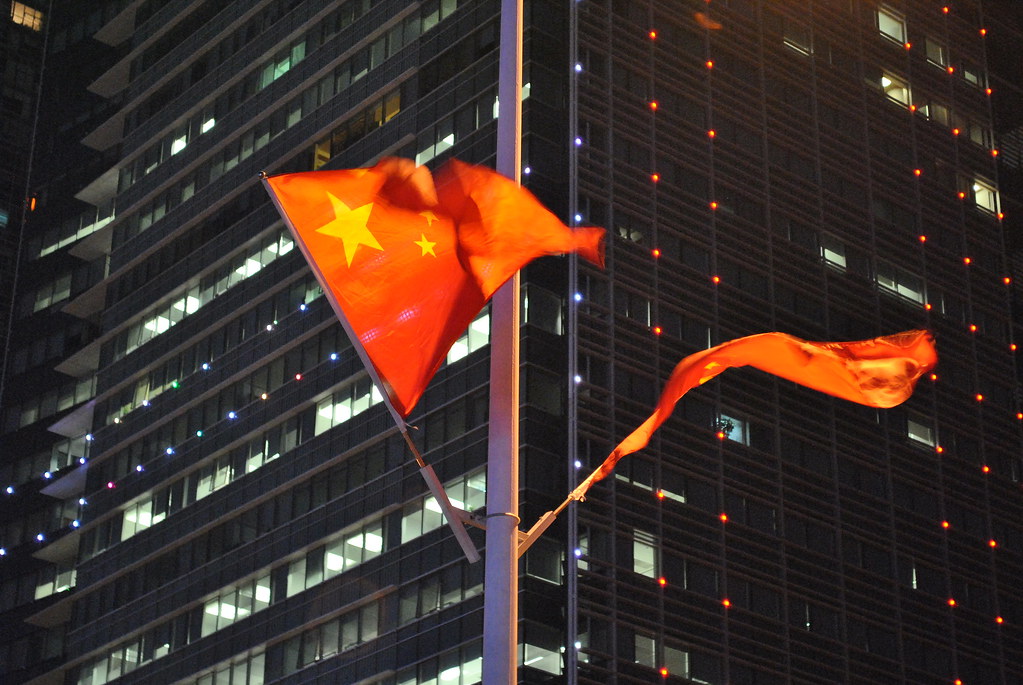China’s concerns for the Osaka Summit
Guo Shuyong and Xu Yan from the School of International Relations and Public Affairs at Shanghai International Studies University outline the geopolitical relationships that will influence China’s G20 participation
Over the past few G20 summits, some argued that China and the United States – especially in the aftermath of the global financial crisis that started in 2008 – had reached a consensus to work hand in hand to resolve the challenges facing their countries and the world economy, and that they had managed to cooperate and build constructive ties. Today, this view no longer holds.
After US secretary of state Mike Pompeo announced on 29 April in Washington DC that the United States will launch “a fight with a really different civilization and a different ideology”, the world once again is witnessing a resurgence of animosity between the United States and China.
Ordinarily, such a call to arms should not have merited much attention from the international community. It is different this time, however, because the rhetoric smacks of a degree of militancy that would make even Samuel Huntington’s clash of civilisations pale in comparison. Some observers note that Sino-US relations have escalated to a level reminiscent of the Cold War between the United States and the Soviet Union.
Painted in such a manner, China is therefore considered not only as an economic competitor but also as an ideological competitor that poses a more fundamental long-term threat to the United States than the Soviet Union did.
More pressingly, China’s rising power and reach are catapulting the country to a status of being the first great power competitor that is not western in its philosophy or history. Indeed, China and other developing countries – among which are G20 participants – today account for a greater share of the world economy, which weakens the share of the United States and many other high-income states.
Unsurprisingly, this has fuelled a perception among scholars and observers that the United States is no longer a global leader in economic terms. It is against this backdrop that the United States is challenging China in a trade war that has been going on for more than a year, flying in the face of the basic principles of multilateral cooperation and institutional mechanisms designed to safeguard global trade.
What China hopes to achieve at the Osaka summit
Still fresh in China’s memory is the communiqué agreed at the G20 summit held in Buenos Aires on 30 November and 1 December 2018. It recognised that trade and investment constitute an important engine that propels growth, productivity, innovation, employment and development. To be sure, it was revealed after the release of the communiqué that in order for the United States to agree, any reference to the necessary contribution of international organisations to a sound global economy had been deleted.
However, the importance of upholding a robust system that promotes international trade and investment was not neglected. Buenos Aires therefore promised to put reform of the World Trade Organization on the G20 agenda and hoped that the issue would be addressed at the Osaka Summit. Indeed, on his visit to meet with Canadian prime minister Justin Trudeau in April, Japanese prime minister Shinzo Abe expressed his concern about the need to reform the WTO, due to its inability to adapt to the realities of global trade in the 21st century.
It is therefore imperative that China take up the opportunity – agreed by the international community and proffered by Japan as the 2019 summit host – to foster a constructive dialogue among the summit participants at Osaka in an effort to genuinely push forward the reform of the WTO. That will not only mitigate the trade tensions between the United States and China but also pave the way for a better environment for global financial, economic and trade cooperation.












